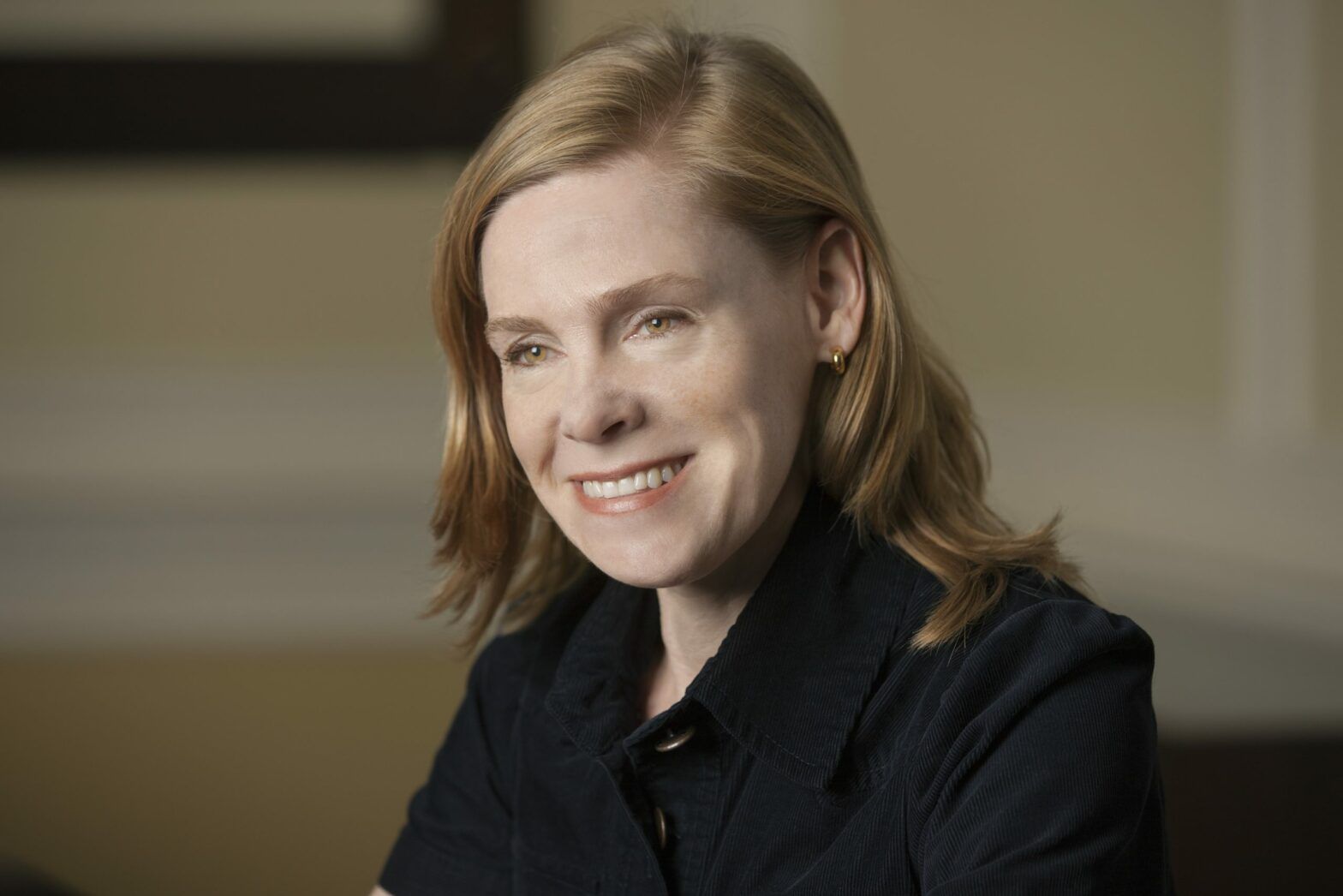Coutts is ramping up its sustainable investing efforts by targeting a 25% reduction in carbon emissions in its funds by the end of 2021, while also excluding a number of less ESG-friendly sectors
In its newly launched 2020 Sustainability Report, the wealth management firm’s CEO Peter Flavel said it had already made “great strides” in implementing sustainable practices, but “we want our work on this to be game changing”.
The firm, which already embeds ESG across its investment process, said in 2020 so far it had issued a climate change action plan in line with Task Force on Climate-Related Financial Disclosures (TFCD), reduced carbon emissions in the Coutts Invest funds by on average 23%, as well as implemented exclusions from its direct investments; portfolios will no longer be exposed to thermal coal extraction; thermal coal energy generation; tar sand; arctic oil and gas exploration.
By the end of 2021, the firm also wants to reduce carbon emissions by 2021, and also eventually cut this by 50% by the end of 2030. Its overall business target, however, is to take business operations beyond net zero carbon emissions – and “help remove CO2 from the atmosphere” – ahead of government’s ambition of net zero emissions by 2050.
Leslie Gent (pictured), Coutts’ head of responsible investing, commented: “It is vital that we have a goal to work towards and that we hold ourselves accountable. Accountability for driving change towards a more sustainable planet is something we think is missing from society. To date, there has been a lot of carrot and not much stick, and we believe that regulators should harden their stance to help drive real change.”
Talking about its investment process for direct equities, Coutts said it works with ESG data provider Sustainalytics, which was recently acquired by Morningstar, to assess “unmanaged ESG risks”, controversies on companies such as environemenal or legal damage, as well as a company’s allgnment with the UN’s Sustainable Development Goals (SDGs). This information is combined to create a Coutts equity score.
Fund selection is carried out with an initial responsible investment questionnaire sent to the fund manager to complete, which includes checking on their principles and pledges, commitments to the Paris Agreement to limit global warming to well below 2 degrees, if they have signed up to the Principles of Responsible Investment (PRI) and actions taken at AGM’s – what is their voting record.
The Sustainability Report said: “We don’t just stop thinking about the impact our investments have on the world once we’ve chosen which firms and funds to invest in. With the companies we invest in directly, we regularly take a long, hard look at how they operate and use our power as shareholders to pressure them to do more.
“We do this with EOS at Federated Hermes, which engages with companies on behalf of investors to encourage responsible behaviour. EOS represents investors in 14 countries with over £850bn in assets under advice (as at 31 March 2020). As shareholders, we also vote at AGMs using guidance from EOS to influence a company into doing the right things. In Q2 2019, a period during which most AGMs take place, we voted against management at almost 60% of them. This was largely on board, structure and pay issues.
“With funds, we review progress through regular reports and face-to-face, annual reviews. We also ask them to update our responsible investing questionnaire every year.”
Additionally, on an ongoing basis, Coutts said it works with companies such as Vivid Economics, to develop models of how investments should look under different global warming scenarios, and Climate Action 100+, to ensure the world’s biggest corporate greenhouse gas emitters take appropriate action to tackle climate change. Furthermore, the investment team draws upon the views of Coutts Client Council, a group of clients it consults to ensure services are in line with their priorities around responsible investing.
Mohammad Kamal Syed, head of asset management at Coutts, said: “Inaction is not an option. We invest with purpose and integrity, and with a keen focus on sustainability. It’s extremely important that we do this well. It’s not enough to simply sit back and do nothing to make it worse. We all have to do something tangible. Defeating climate change, for example, isn’t about what we believe, it’s about what we do.”








